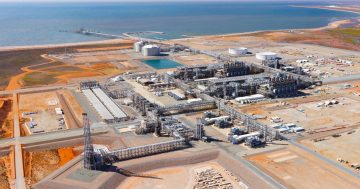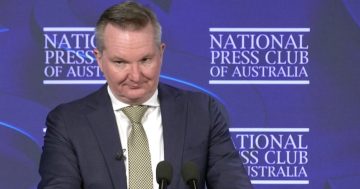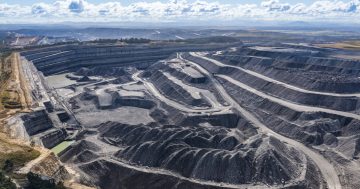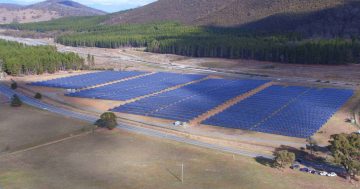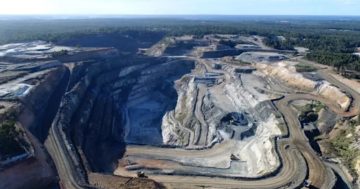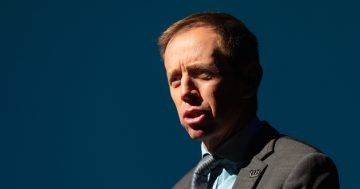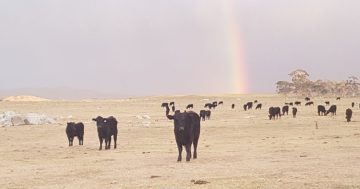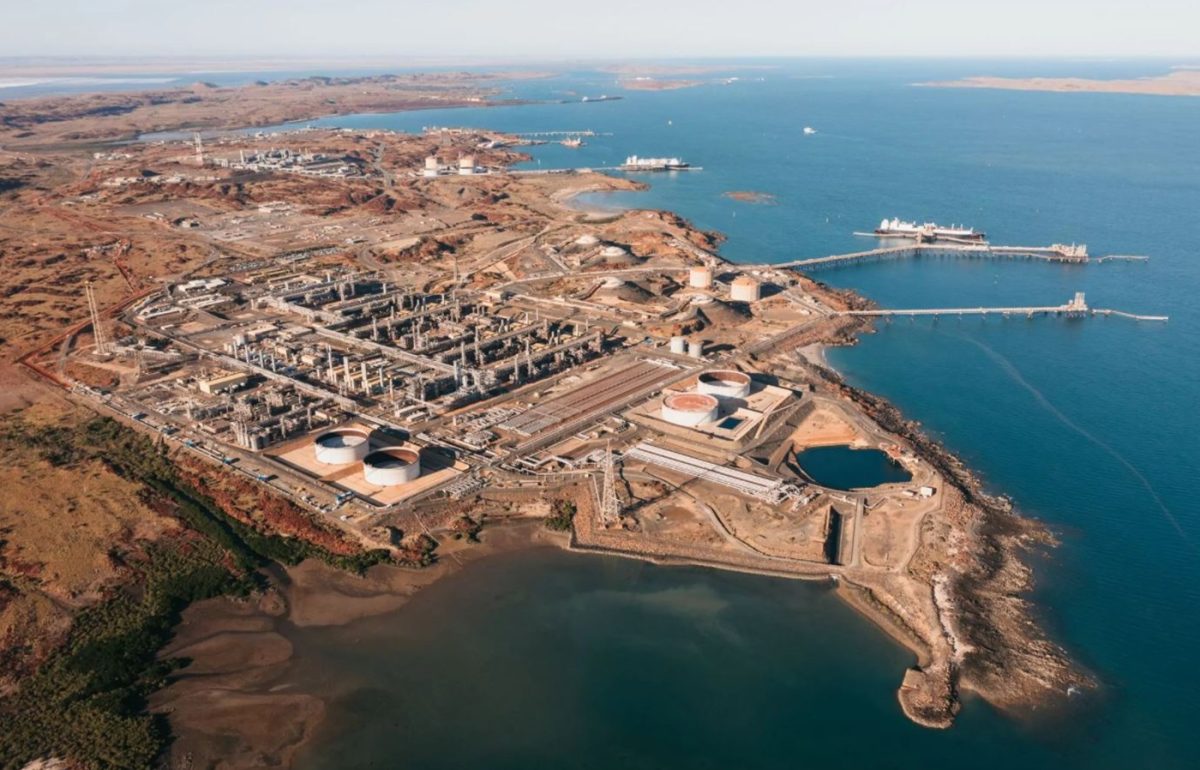
Environmental groups say more gas is used in the production of gas for export than for domestic use or manufacturing in Australia. Photo: Woodside Gas.
The Federal Government has announced a controversial plan to expand natural gas production in Australia for international and domestic markets.
It says the Future Gas Strategy will play a key role in Australia achieving a transition to net-zero by 2050 by meeting energy demands during the transition period, and that a more reliable supply will support a shift towards higher-value and non-substitutable gas uses while ensuring domestic households have an affordable supply of gas and choice of energy needs.
“Gas plays a crucial role in supporting our economy, with the sector employing 20,000 people across the country, including remote and regional communities,” Minister for Resources and Northern Australia Madeleine King said.
“Ensuring Australia continues to have adequate access to reasonably priced gas will be key to delivering an 82 per cent renewable energy grid by 2030, and to achieve our commitment to net- zero emissions by 2050.”
The government’s rationale for expanding the gas market is that gas is cleaner than alternative fossil fuels such as coal-fired energy.
It says the Future Gas Strategy includes a “detailed analytical report on gas demand and supply produced after an extensive period of work and consultation”, and identifies the following actions:
- Prevent gas shortfalls by working with industry and state and territory governments to encourage more timely development of existing gas discoveries in gas-producing regions.
- Reduce gas-related emissions by working with industry and regulators to minimise venting and flaring of methane.
- Support households and businesses through the transition to net zero by working closely with the states and territories to manage pricing impacts.
- Promote carbon capture storage (CCS) by releasing acreage for offshore CCS.
“The strategy makes it clear that gas will remain an important source of energy through to 2050 and beyond, and its uses will change as we improve industrial energy efficiency, firm renewables, and reduce emissions,” Minister King said.
“But it is clear we will need continued exploration, investment and development in the sector to support the path to net zero for Australia and for our export partners, and to avoid a shortfall in gas supplies.”
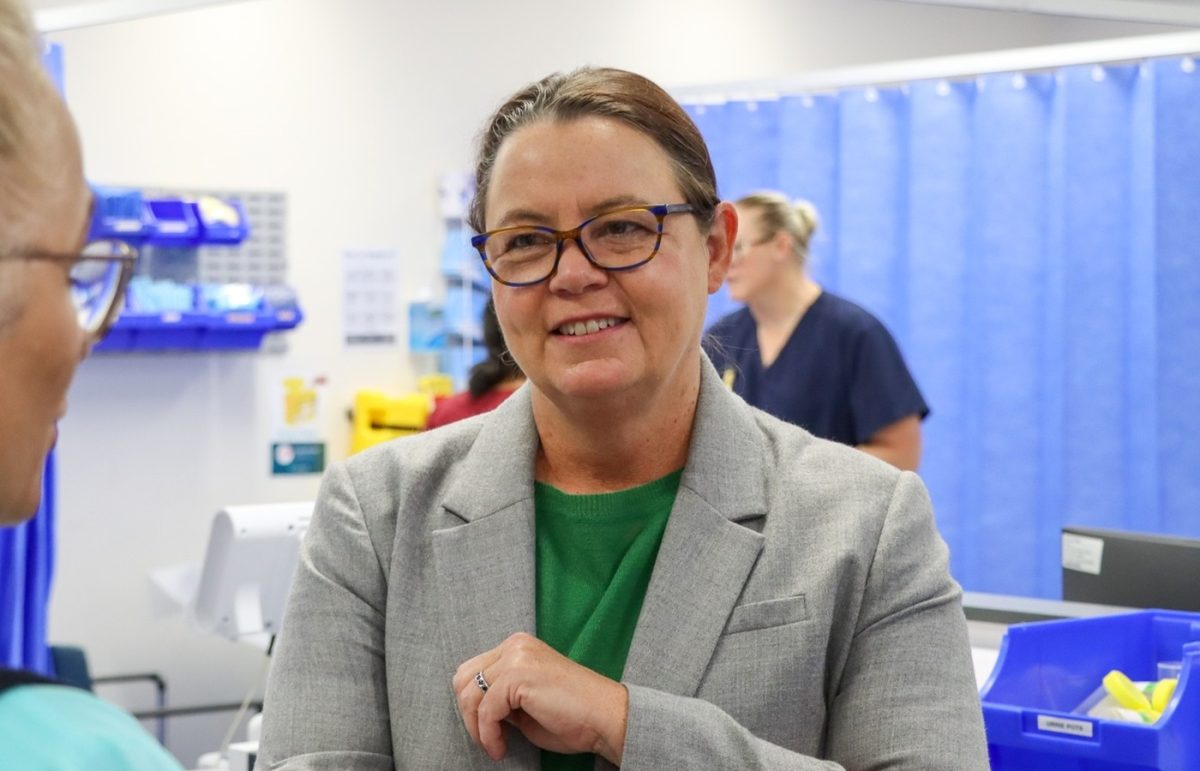
Minister for Resources and Northern Australia Madeleine King says gas plays a crucial role in supporting the economy. Photo: Madeleine King Facebook.
But the policy has been roundly criticised by the crossbenches and environmental groups.
In a series of X posts on Thursday, ACT Independent Senator David Pocock said climate scientists and global energy experts warned opening new gas projects was disastrous for the climate.
“In the Future Gas Strategy released today the [government] ignores this advice and proposes further expansion,” he said.
“Backing the expansion of the fossil-fuel industry in 2024 is morally bankrupt, negligent and just plain stupid given we export 75 per cent of our gas.
“We could legislate a domestic reservation policy and have enough gas for our transition, rather than locking in emissions for decades.
“This shows a tragic lack of imagination and ambition – speeding up electrification of households and businesses should be the response to warnings of potential shortfalls.”
The Australia Institute’s climate and energy program director Polly Hemming said the plan relied on the false promise of CCS and the perceived need to shore up domestic supplies to justify the expansion of the gas industry.
“To be clear, Australia has more than enough gas,” she said. “In fact, the gas industry itself is the biggest user of Australia’s gas, which they use for export production.
“It is a flawed argument to say that Australia needs more fossil fuels to become a renewable energy superpower. First we had the ‘gas-fired recovery’ and now we have ‘gas-fired renewables’. It is as if the Coalition government never left.
“It’s not just Australians who are facing the burden of climate change; this affects the countries the Australian Government has gone to pains to describe as its so-called ‘family’.”
Prominent environmental campaigner and Teal independent candidate supporter Simon Holmes a Court echoed Ms Hemming’s comments, saying 80 per cent of Australia’s gas was exported, and the biggest domestic users of gas were the plants that processed gas for export.
“We burn more gas running LNG export plants (7.3%) than in either the entire manufacturing (6.9%) and power generation (6.6%) sectors,” he said on X.
“Gas does play an important role in the national electricity market (NEM), but the quantity is small and declining … just 4.6% over the last 12 months.”
There have also been claims by Indigenous leaders that they were not consulted about drilling for gas on their lands before the announcement, and that some have come together to sign a declaration that Minister King is not welcome in their communities.
Gomeroi elder Polly Cutmore told Yahoo News on Friday morning that 62 community leaders from around Australia had united to sign the statement, and that it was just the beginning of their fight against the gas strategy.


